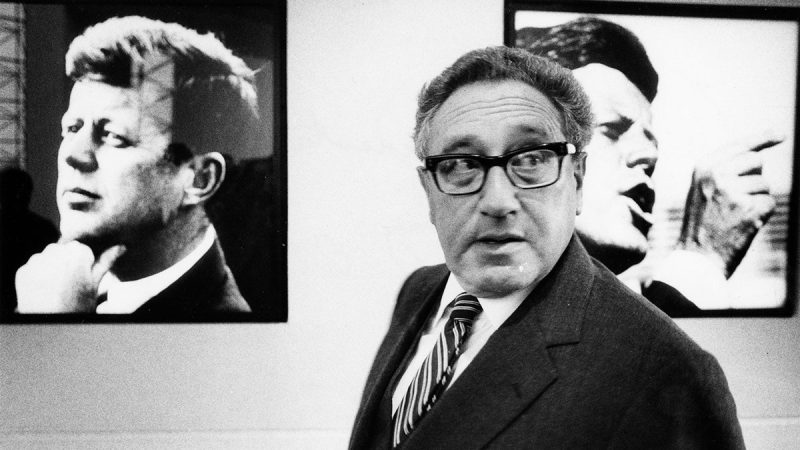


As tensions in the Middle East continue to simmer, the Israel Defense Forces (IDF) have uncovered evidence that Hamas is actively attempting to develop precision missile capabilities with Iranian help. This news further ramps up the threat that Israel faces
U.S. Secretary of Defense Lloyd Austin is hospitalized after a mysterious procedure and the Department of Defense (DoD) has remained tight-lipped on the matter. Austin was admitted to Walter Reed National Military Medical Center on Sunday, according to a statement from
In a major move, the House GOP is set to grill the nation's top infectious disease expert Anthony Fauci on the origins of the COVID-19 virus and future pandemics. This Wednesday, Fauci is scheduled to appear before the House Select
